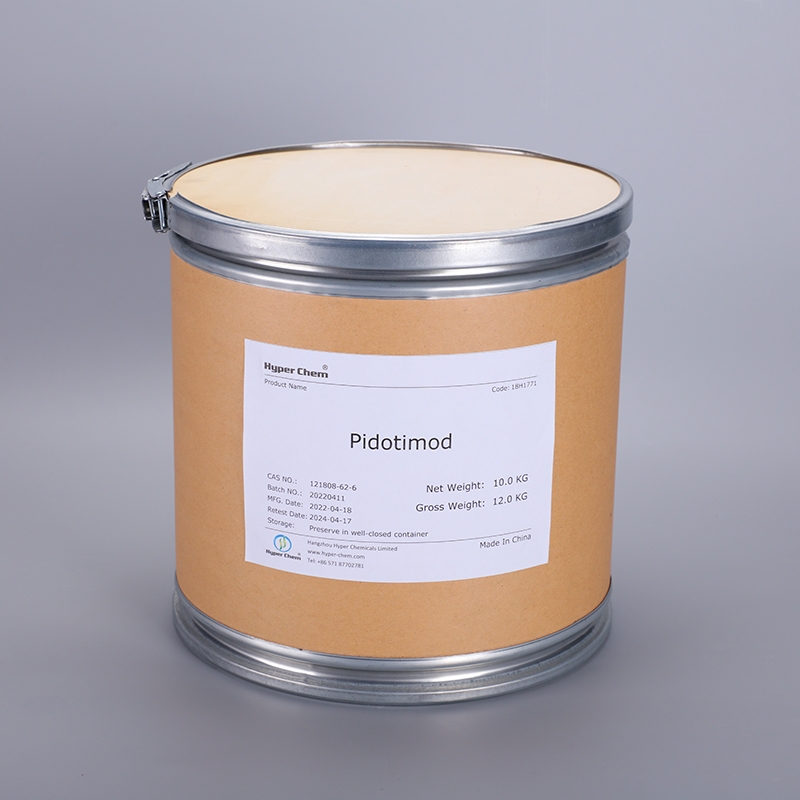-
Categories
-
Pharmaceutical Intermediates
-
Active Pharmaceutical Ingredients
-
Food Additives
- Industrial Coatings
- Agrochemicals
- Dyes and Pigments
- Surfactant
- Flavors and Fragrances
- Chemical Reagents
- Catalyst and Auxiliary
- Natural Products
- Inorganic Chemistry
-
Organic Chemistry
-
Biochemical Engineering
- Analytical Chemistry
-
Cosmetic Ingredient
- Water Treatment Chemical
-
Pharmaceutical Intermediates
Promotion
ECHEMI Mall
Wholesale
Weekly Price
Exhibition
News
-
Trade Service
▎Editor of WuXi AppTec's content team Since the global outbreak of the new crown epidemic, researchers have quickly noticed that men and women have different risks of contracting the new crown
.
Some epidemiological studies have shown that whether it is adults or children, the prevalence of men infected with the new crown is higher, the disease progresses more severely, and the risk of death due to the new crown is significantly higher than that of women
.
Recently, researchers have discovered for the first time that gender differences in front of the new crown appear even as early as the embryonic stage
.
Pregnant women who are pregnant with male fetuses have a significantly lower body's ability to produce anti-coronavirus antibodies and transfer immunity to the fetus than pregnant women who are pregnant with female fetuses
.
This result comes from a new research paper published in Science-Translational Medicine
.
Researchers from Harvard Medical School and Massachusetts General Hospital examined 68 pregnant women who volunteered to participate in the trial, including 38 pregnant women who contracted the new crown during 7-9 months of pregnancy, and 30 who had negative nucleic acid tests during pregnancy.
Healthy pregnant woman
.
Half of the pregnant women in both groups had male fetuses and half had female fetuses
.
The transfer of antibodies from the mother's body to the child's body through the placenta is essential for protecting the fetus from pathogens
.
The researchers examined the mother's blood and the fetal's cord blood, and compared a variety of specific antibodies against the new coronavirus
.
The results showed that compared with those who were pregnant with female fetuses, those who were pregnant with male fetuses produced lower levels of antiviral antibodies; at the same time, they transferred fewer antibodies to the fetus
.
Dr.
Andrea Edlow, who is in charge of the study, analyzed that these results indicate that men may be more likely to be infected with the new crown in infancy than women, and that the gender of the fetus will affect the mother's immune response to the new crown virus
.
▲The ability of pregnant women infected with the new crown to produce specific antibodies and transfer related antibodies to the fetus is affected by the gender of the fetus (picture source: reference [1]) The placenta is an important bridge connecting the mother and the fetus.
Researchers analyze the placenta Later, it was also found that if pregnant women infected with the new crown were pregnant with a male fetus, the expression of interferon-activated gene (ISG) in the placenta was much higher
.
These interferon-activated genes are very important for protecting the fetus in the uterus from viruses
.
However, the increased expression of interferon-activated genes and the subsequent increase in cytokines produced by immune cells will also create an inflammatory environment in the uterus
.
This may mean an increased risk of neurodevelopmental or metabolic diseases in the future
.
"Although our research has not specifically assessed these risks, this association reminds us of the need to continue to pay attention to these children, and emphasizes that there are different concerns for fetuses of different genders
.
" Next, the researchers are planning to answer another The important question is whether the protective antibodies produced by pregnant women who have received the new crown vaccine are affected by the gender of the fetus, whether it has an impact on the protection of fetuses of different genders, and the relationship between this effect and the time of vaccination during pregnancy
.
The answers to these questions will provide clues for formulating vaccination programs, so that more people can be better protected
.
Source of title map: WuXi AppTec's content team drawing reference materials: [1] Evan Bordt et al.
, (2021) Maternal SARS-CoV-2 infection elicits sexually dimorphic placental immune responses.
Science Translational Medicine.
Doi: 10.
1126/scitranslmed.
abi7428 [2] In pregnant women with COVID-19, sex of fetus may influence maternal and placental immune response and neonatal immune protection.
Retrieved Oct.
20, 2021 from https://







